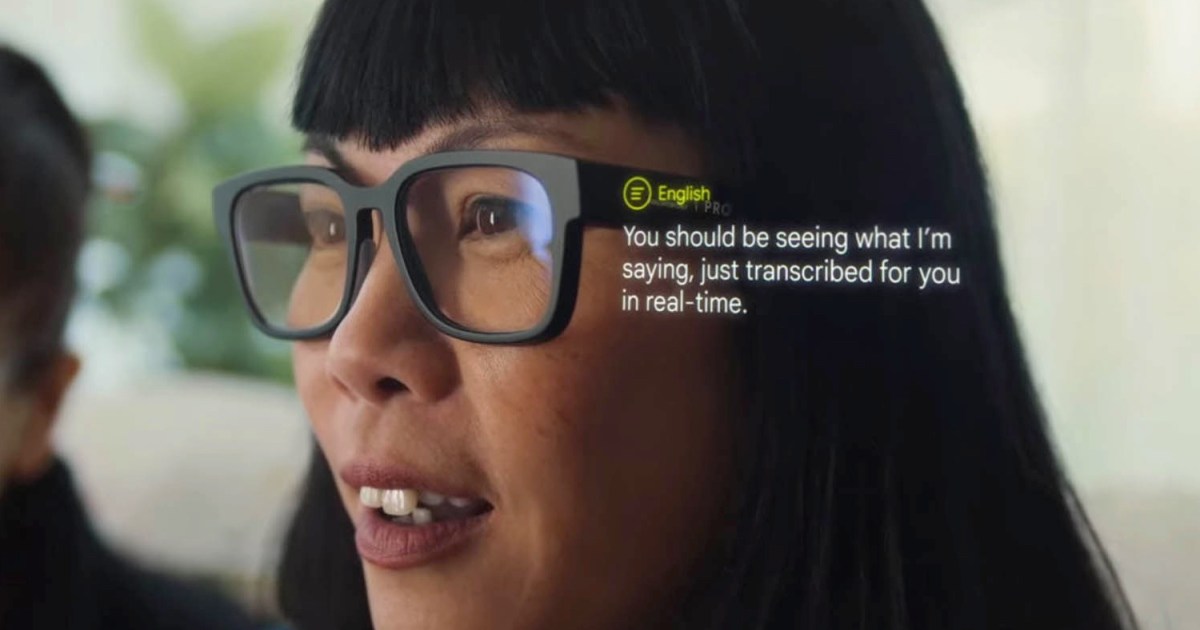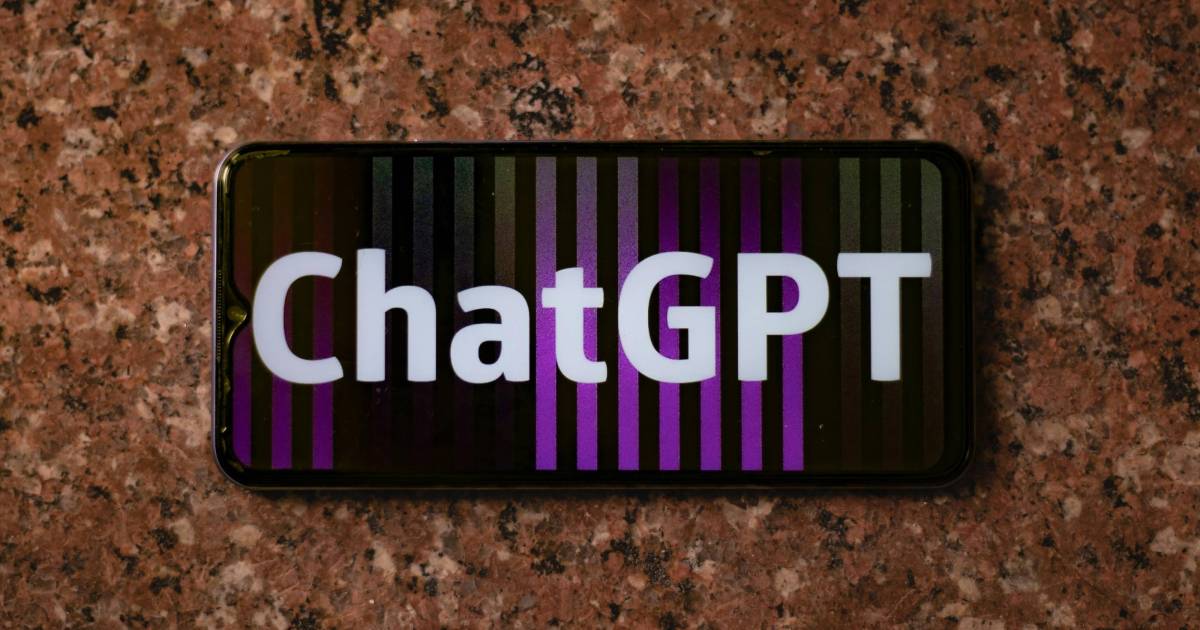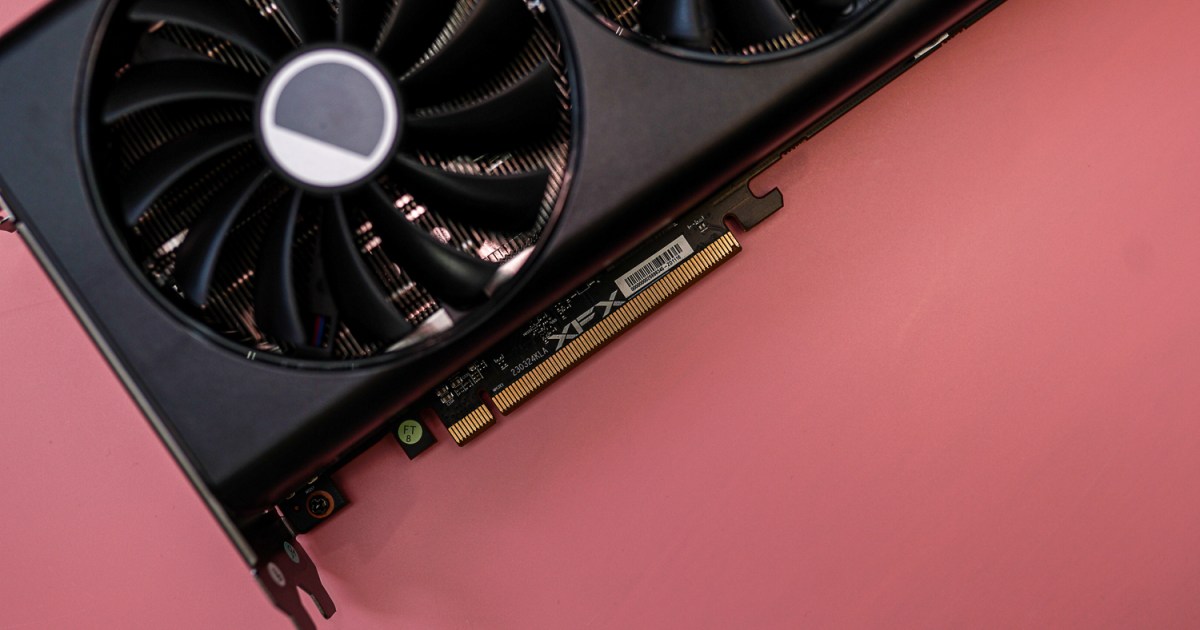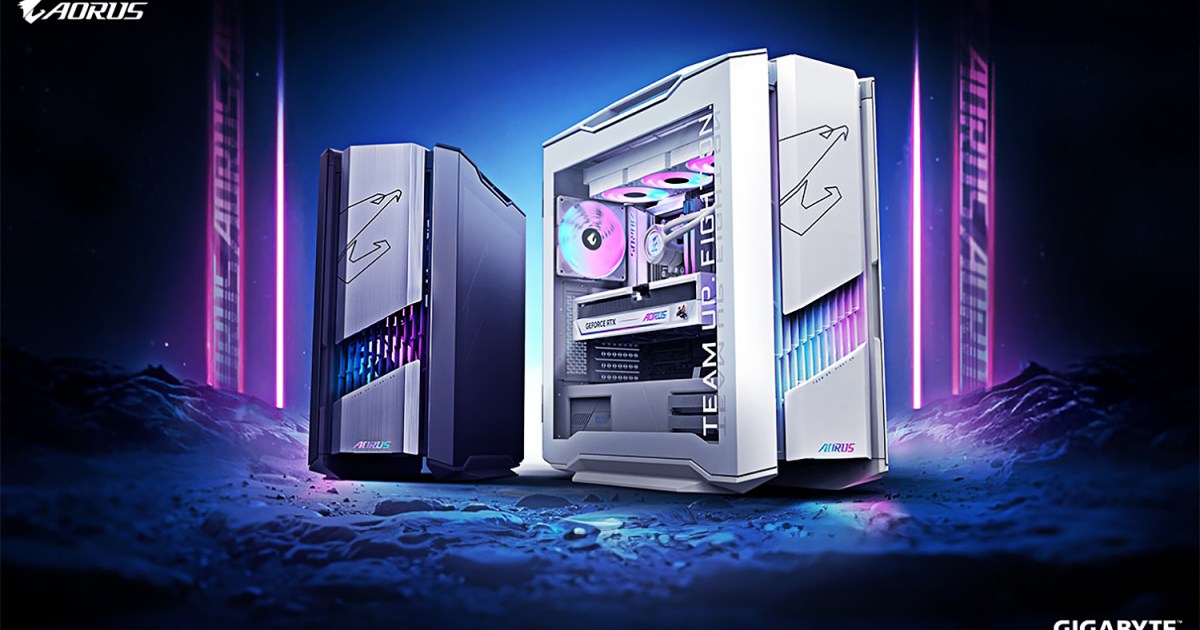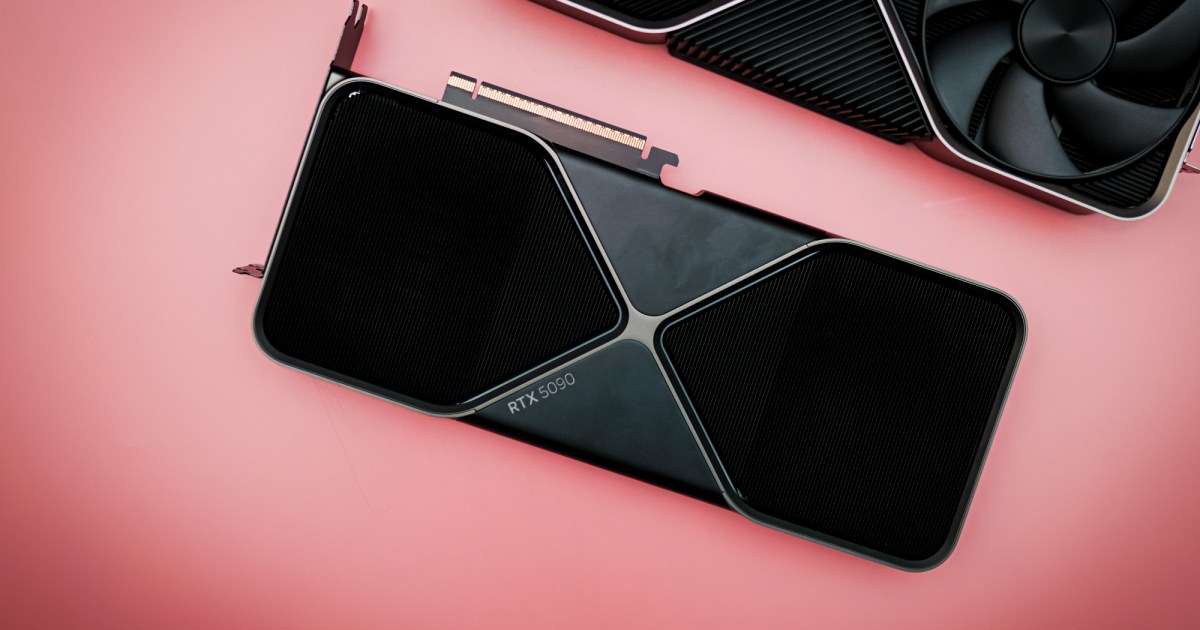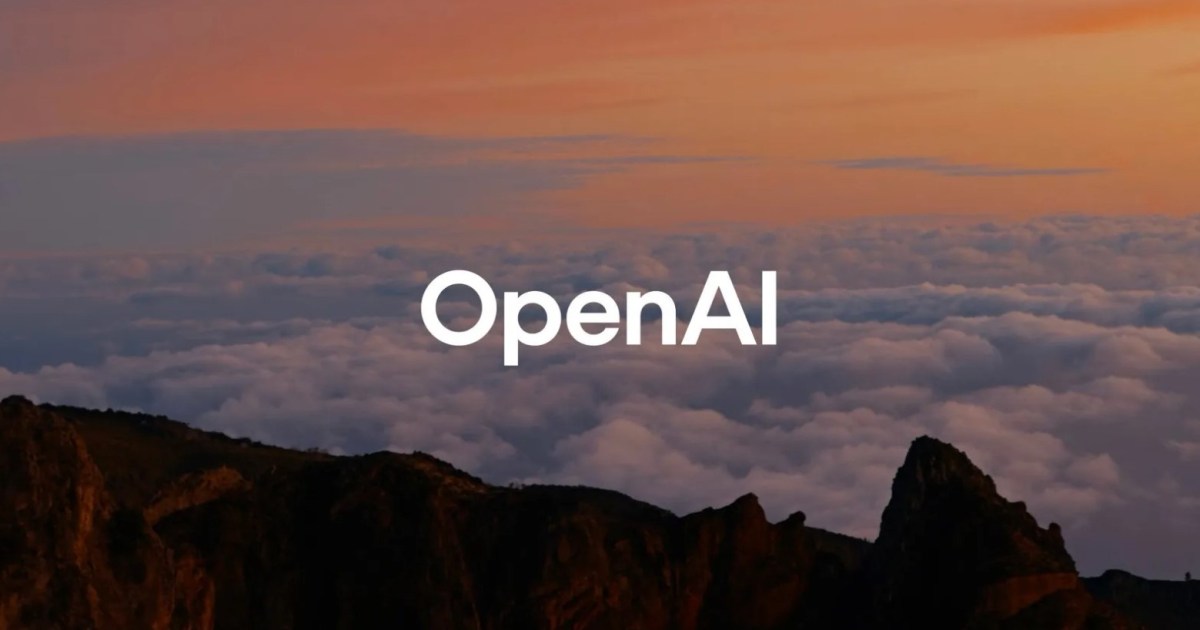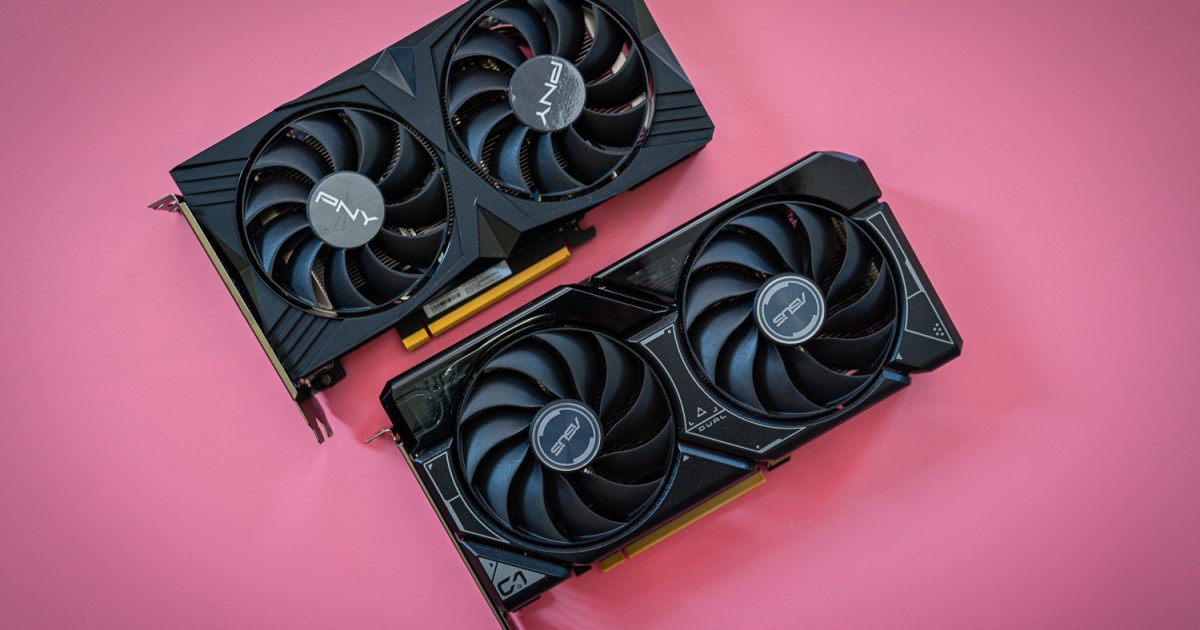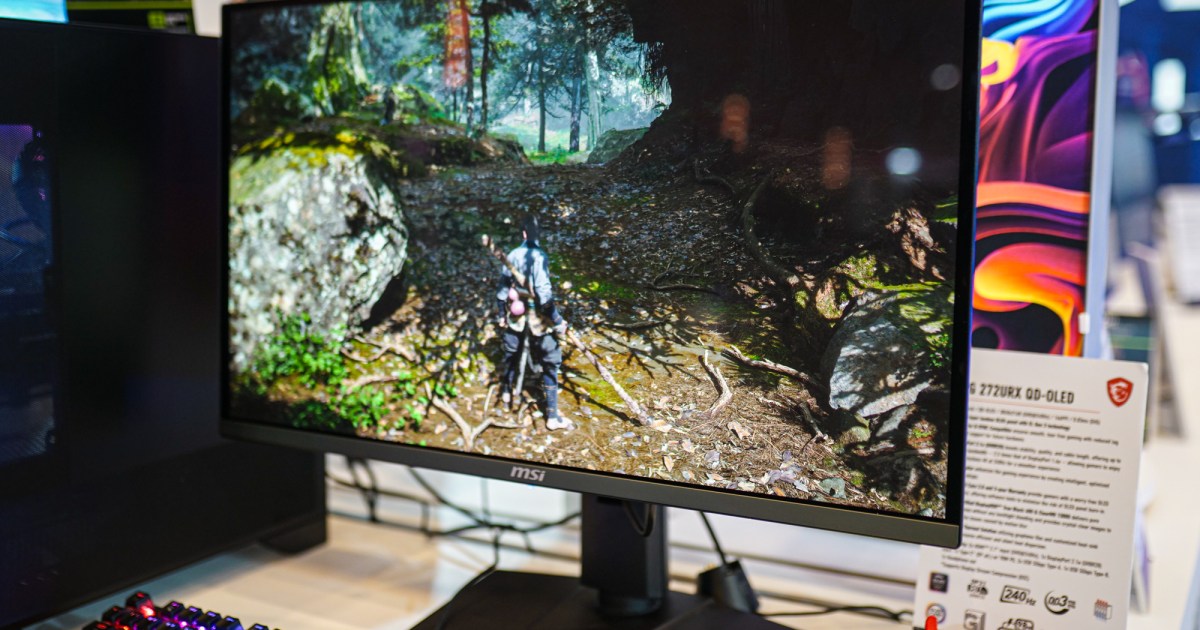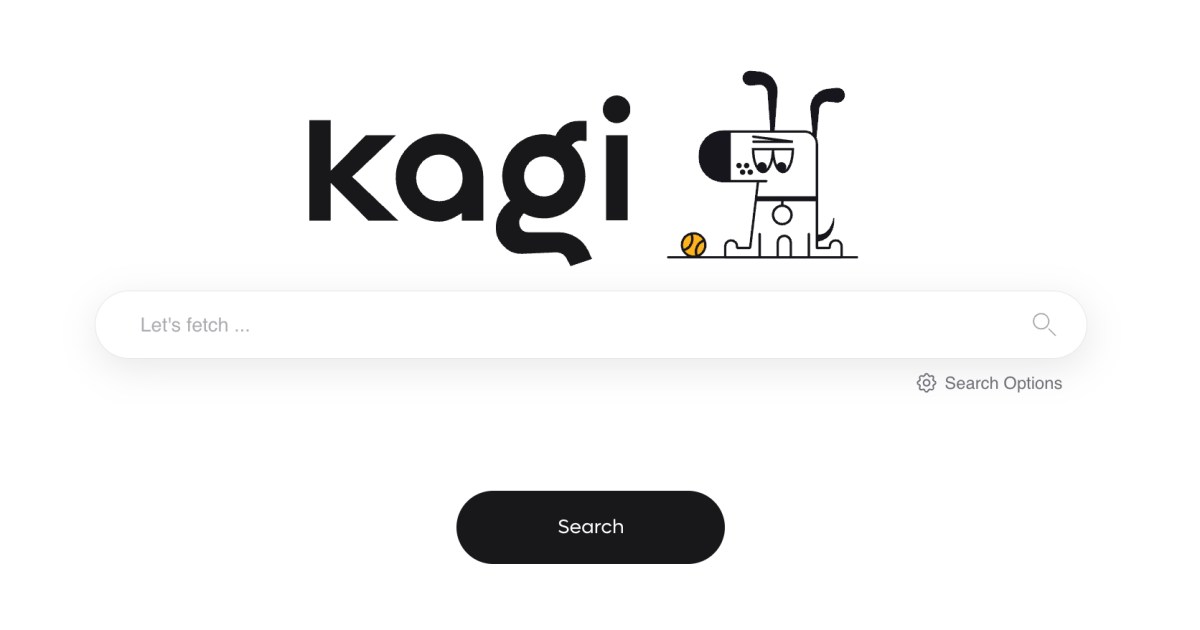Google’s foray into smart glasses over a decade ago met with a disappointing end. Factors like premature technology and privacy concerns contributed to its downfall. However, a resurgence seems imminent, with Google positioned for a significant comeback in the smart glasses arena.
According to Bloomberg, Google is in advanced talks to acquire AdHawk Microsystems, a Canadian company specializing in full-stack eye-tracking technology. This technology is already available in wearable form factors. The reported acquisition price is $115 million. Interestingly, Meta, already established in the smart glasses market with products like Aria, Orion, and Meta Ray-Ban, had also considered acquiring AdHawk in 2022.
Why AdHawk?
AdHawk boasts a strong investor portfolio, including Essilor Luxottica, the parent company of Ray-Ban, which partners with Meta on camera-equipped AI glasses. Other notable investors include HP, Samsung, and Intel. Beyond its investors, AdHawk’s technological prowess is key. In 2024, the company launched MindLink Air, smart glasses featuring their innovative eye-tracking technology.
AdHawk’s CEO, Neil Sarkar, explained to CTV News that their technology “scans a beam of light across your eye thousands of times per second and then captures reflections from it to model all kinds of things about your eyes.” This eye-tracking capability is crucial for XR devices, particularly those with immersive Augmented Reality applications. Both Apple’s Vision Pro headset and Meta’s Orion holographic glasses utilize advanced eye-tracking systems, highlighting the importance of this technology.
Google’s Growing Ambitions
 A model wearing the Halliday AI Glasses and smart ring.Halliday AI smart glasses. Halliday.
A model wearing the Halliday AI Glasses and smart ring.Halliday AI smart glasses. Halliday.
In recent years, Google has offered glimpses into its vision for AI integration in everyday life, with smart glasses playing a prominent role. Last year, Magic Leap partnered with Google to integrate Gemini AI, Project Astra, Android XR, and the Google Play app ecosystem into a pair of AR smart glasses. Furthermore, Google’s 2020 acquisition of North Focals signaled its continued interest in the smart glasses market. At the I/O 2024 developers conference, Google showcased Project Astra, its most ambitious vision for smart glasses to date.
Project Astra: Google’s Vision for the Future of AI Assistants
Towards the end of 2024, Google also unveiled Android XR, its attempt to build a comprehensive XR software ecosystem based on Android. MaagX’s Jason Howell, after experiencing a demo, described it as “a renewed commitment by the company to create an operating system that can drive headsets, glasses, and other form factors going forward.”
The current market is also favorable for Google’s entry. Companies like Solos, RayNeo, and TCL have been selling various smart glasses models, while newcomers like Halliday and Even Realities have introduced impressive wearable technology.
While Google may have missed its initial opportunity, and its official entry into the smart glasses market remains uncertain and delayed, its strategic acquisitions, like the potential AdHawk deal, clearly indicate that smart glasses are firmly within Google’s product roadmap.



